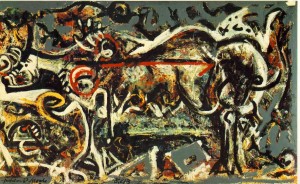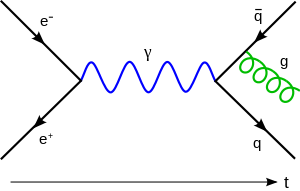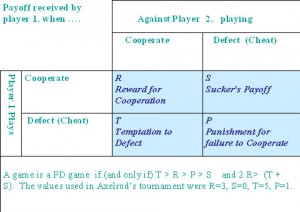 My fourteen-year-old interviewed a physicist yesterday. I had the privilege of being home over the weekend and listened in; my travel schedule has lately been brutal, with the only saving grace being moments like right now en route to Chicago when I can collapse into reading and writing for a few whitenoise-washed moments. And the physicist who was once his grandfather said some remarkable things:
My fourteen-year-old interviewed a physicist yesterday. I had the privilege of being home over the weekend and listened in; my travel schedule has lately been brutal, with the only saving grace being moments like right now en route to Chicago when I can collapse into reading and writing for a few whitenoise-washed moments. And the physicist who was once his grandfather said some remarkable things:
- Physics consists of empirical layers of untruth
- The scientific method is never used as formulated
- Schools, while valuable, won’t teach how to be a scientist
- The institutions of physics don’t support the creativity required to be a scientist
Yet there was no sense of anger or disillusionment in these statements, just a framing of the distinctions between the modern social model surrounding what scientists do and the complex reality of how they really do their work.
The positives were that play is both the essential ingredient and the missing determinant of the real “scientific method.” Mess around, try to explain, mess around some more. And what is all that play getting this remarkable octogenarian? Possible insights into the unification of electromagnetism and the strong nuclear force. The interview journey passed from alignment of quarks to the beams of neutron stars, igniting the imaginations of all the minds on the call.
But if there is no real large-scale method to this madness, what might we conclude about the rationality of the process of science? I would advocate that the algorithmic model of inference is perhaps the best (and least biased) way of approaching the issue of scientific method. By constantly reshuffling the available parameters and testing the compressibility of models, play is indistinguishable from science when the play pivots on best explanation.… Read the rest




